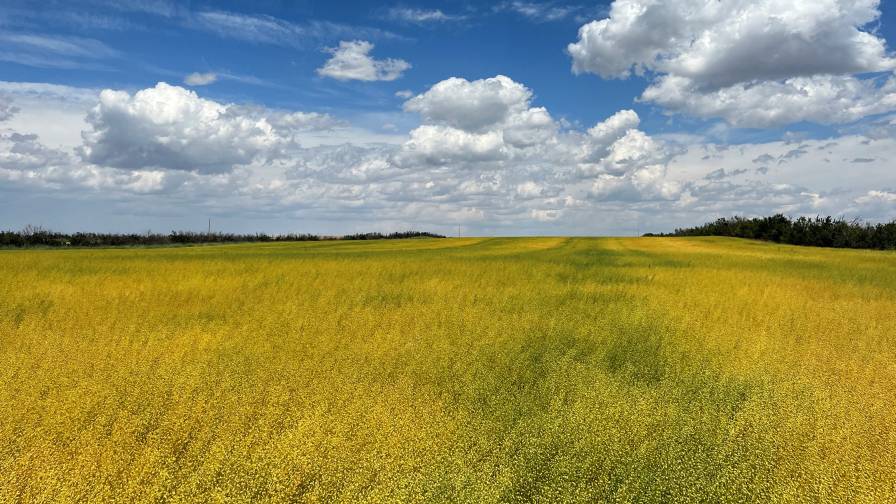BASF Posts Bigger Crop Protection Profit on North American Herbicide Demand
BASF on Friday said rising raw material costs ate into its first-quarter profit, which fell by nearly 29%. But the world’s largest chemical company sounded an upbeat note on its agriculture business, led by early North American demand for herbicides and a strong start to the season in Europe.
Net income totaled $2.29 billion, or $2.49 per share, down from $3.19 billion, or $3.47 per share in the same period a year earlier. Sales rose 6% to $27.3 billion, based on higher prices and positive currency effects.
Its crop protection unit – Agricultural Solutions – benefited from higher volumes and positive currency effects. Sales were $1.76 billion, up 8% from a year ago.
“The Agricultural Solutions segment had a very successful start to 2012. Sales growth was particularly driven by higher sales volumes and prices. Currency effects also had a positive impact on sales,” BASF said in a statement.
The company cited an early start to the season in North America as weather conditions led to an improvement in sales, particularly for herbicides. The season also began positively in Europe, where higher prices contributed to sales growth. It successfully rolled out its Xemium fungicide in Germany, France and the United Kingdom. BASF said it continued to strengthen its growth in Eastern European markets.
Agricultural Solutions posted a slight sales decline in Asia, hurt by a weak season in Japan. In South America, sales rose on demand for insecticides based on the active ingredient fipronil, offset by prolonged drought in the southern regions.
BASF affirmed its companywide profit and sales targets for 2012, but it also warned that uncertain financial markets – namely, the debt crises in Europe and the US and inflationary trends in Asia – are dampening its growth prospects.
Emerging markets are expected to power most of the growth in the chemical industry, and within eight years, it is counting on sales from those regions to comprise around 45% of its total sales, excluding its oil and gas business. “We plan to focus more closely in the future on our customers in the emerging markets,” Chief Executive Kurt Bock said on a conference call.
BASF has already progressed toward that goal through projects including the expansion of its site in Nanjing, China, the launch of a new sodium methylate plant in Brazil, in addition to its plans to enlarge an existing site and build a new production facility in a joint venture with Petronas in Malaysia.
Source: BASF, edited by Jaclyn Sindrich, Managing Editor





